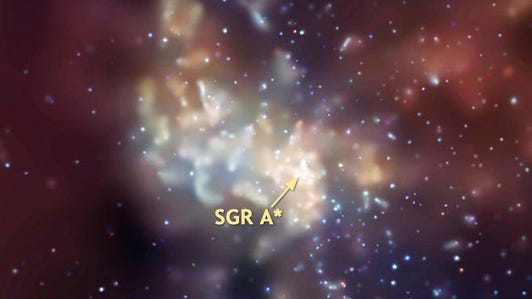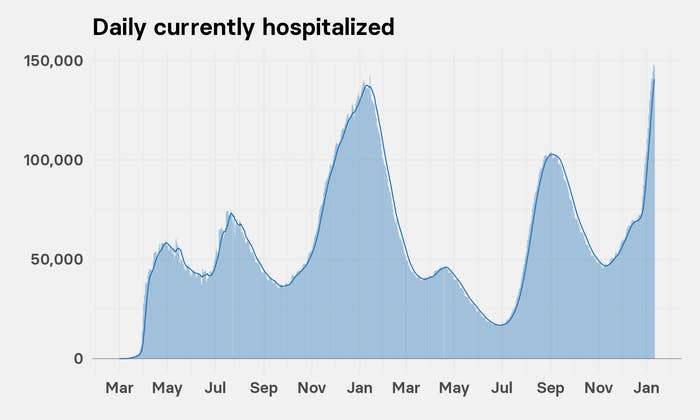By Holly Thompson
January 13, 2022 —
A small town in Western Australia’s Pilbara endured the hottest temperature recorded in Australia in 62 years on Thursday, with the mercury soaring towards 50 degrees across most of the region.
In Onslow it hit 50.7 degrees at 2.26pm, the hottest day in Australian history since 1960, when temperatures in Oodnadatta Airport in South Australia also hit 50.7.

The Bureau of Meteorology MetEye map shows the extent of the area that will
In Roebourne and Mardie, temperatures hit 50.5 degrees about midday, both tied with the hottest day recorded in the state’s history and the second-hottest day in Australian records.
The maximum temperature ever recorded in WA before was 50.5 degrees in Mardie in 1998.
Bureau of Meteorology meteorologist Luke Huntington said the heatwave meant a high chance of multiple towns hitting 50 degrees in the worst-affected areas across the next few days.
“The Pilbara region has had persistent hot temperatures over the last few months and there has been no rainfall to really take away the hot air that has built up,” he said.
“Over the next few months there is a high chance that temperatures on a day-to-day basis will be above average, at least until the wet season rains hit properly.”

A map from the Bureau of Meteorology showing the average rainfall from November 1 to December 31, 2020 (left) compared to the same period in 2021 (right). Orange areas show lower rainfall in the state’s north in 2021, compared to heavy rain indicated by green and blue regions in 2020. CREDIT:BUREAU OF METEOROLOGY
This year’s rainfall has been well under average, between 0-50 millimetres across November and December, compared to 2-300 millimetres in 2020.
Onslow’s average temperature at this time of year is usually 36.5 degrees, and so the 49-degree temperatures will be more than 10 degrees hotter than usual.
RELATED ARTICLE

Biodiversity
Ocean temperatures set heat records, raising fresh concerns for marine life
“I am sure most people living up there are used to the heat, but with these extremes people should take extra care to stay indoors with air conditioning or, if they have to be outdoors, to stay in the shade and keep up with fluids,” Mr Huntington said.
By 2030, the annual average temperature in the Pilbara is projected to increase by 0.6 to 1.5 degrees.
Although the next few days are predicted to be cooler across Perth, the state capital did experience a heatwave at the end of 2021, with Christmas temperatures reaching well over 40 degrees across most of WA.
It was the hottest Christmas period since records began more than 100 years ago.
Bureau of Meteorology WA state manager James Ashley said the heatwave had been “unusual” and meant even minimum temperatures had remained relatively high.







/cdn.vox-cdn.com/uploads/chorus_image/image/70381621/GettyImages_87186098_scaled.0.jpg)


